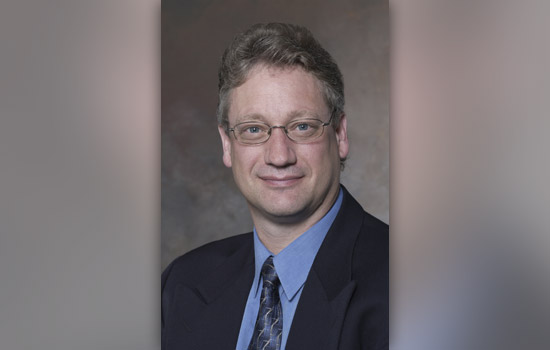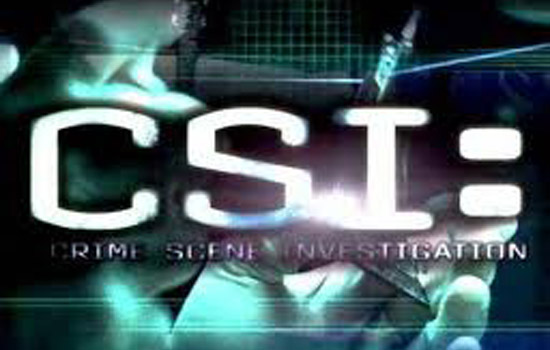Sam McQuade Provides Real-Life Cyber Experiences for ‘CSI’ Episode
RIT educator and former law enforcement officer gives input on cyber bullying
Sam McQuade, one of the foremost researchers on the subject of cyber crime, consulted with producers of the popular CBS-TV drama CSI: Crime Scene Investigation about an upcoming episode about cyber bullying.
CBS plans to air the episode titled “Unleashed” at 9 p.m. April 7 (WROC-TV, channel 8). The CSI episode is modeled after the incident that occurred last year, in which Phoebe Prince, a student from a Boston-area high school, hung herself after she became a victim of cyber bullying. McQuade says writers modified the material slightly for the script, yet maintained the essential issues and results of online abuses. He says the script is powerful and clearly addresses the trauma that victims experience.
“People don’t realize how often these things occur,” says McQuade, the graduate program coordinator for RIT’s Center for Multidisciplinary Studies. “It has become a compelling public health issue. The CSI episode may be a means to get cyber bullying recognized as a social issue that needs awareness and attention.”
CSI producers interviewed him about his research, particularly his book, Cyber Bullying: Protecting Kids and Adults From Online Bullies, and the research done for the book, the 2008 RIT study “A Survey of Internet and At-risk Behaviors” about online victimization of young people in 14 Monroe County school districts.
In the study, McQuade and fellow researchers found that a majority of cyber offenses involving children, adolescents and young adults are perpetrated by peers of approximately the same age or grade level. For example, children report that they first experience people being mean to them online, and also being mean to others when online, when they are in the second grade. Cyber bullying begins early in life and becomes an unfortunate element in digital youth culture, McQuade says.
As surprised as he was to hear from the show’s creator and executive producer, Anthony Zuiker, he was just as surprised to hear that the writers had purchased his book to use as a reference while writing the script.
“That was flattering,” he says.
McQuade’s work with CSI came about through a referral this past fall from the National Academy of Engineering. The academy acts as an informational resource for television and movie producers, particularly those that might foster a valuable public safety message. McQuade was previously a member of the academy, serving with its National Research Council. That, and his research on cyber crime as well as experience in law enforcement, proved to be a combination the academy thought would be useful to the CSI producers.
“I didn’t even realize at the time that there were different versions of the show,” McQuade says about the popular franchise series based in Las Vegas, Miami and New York. “I’ve since come to understand all that, and that this is really a important opportunity to raise awareness about cyber bullying.”
 Sam McQuade
Sam McQuade













